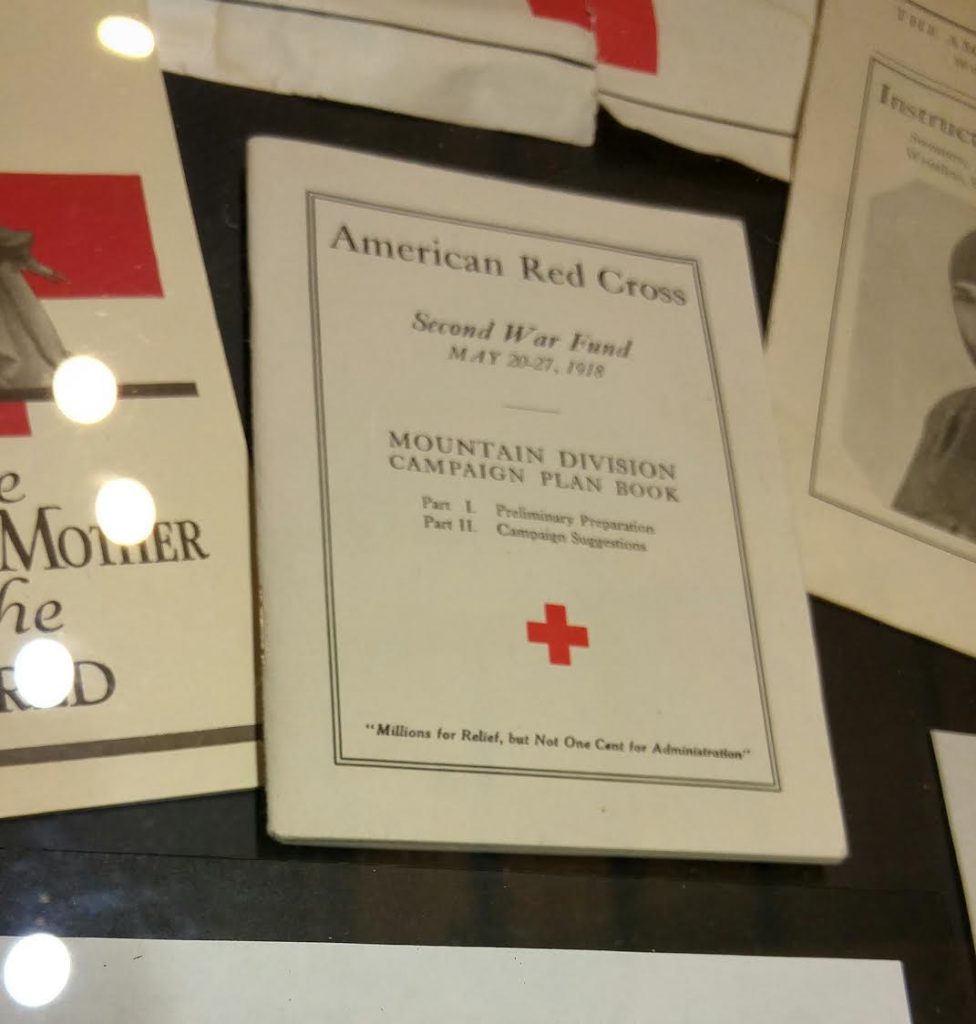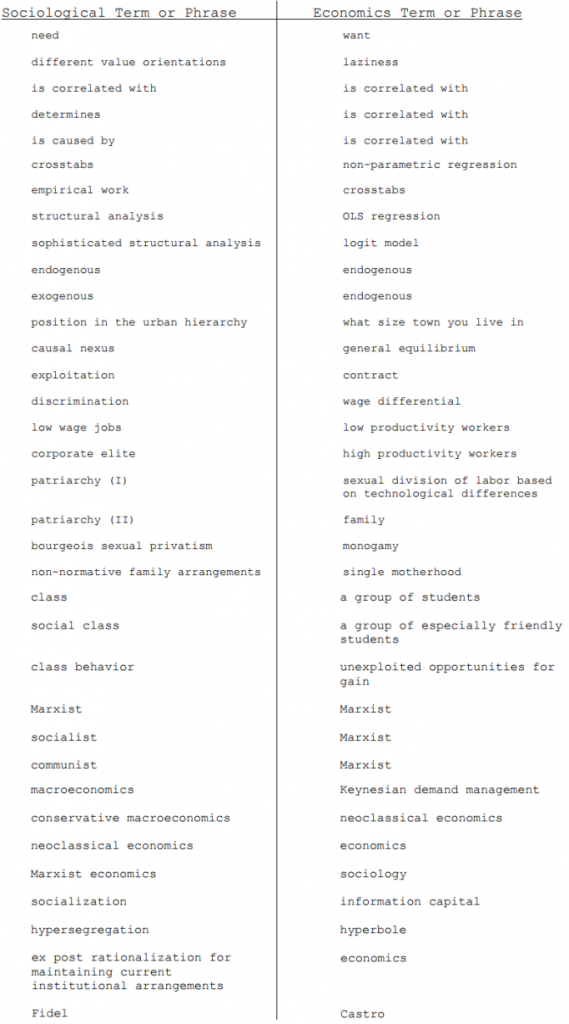Summary:
Guest post by Jeff Mosenkis of Innovations for Poverty Action. A Red Cross pamphlet from WWI slogan (at the bottom): “Millions for Relief, but Not One Cent for Administration” In a surprise ruling a few hours ago the Kenyan Supreme Court voided the outcome of the recent election, calling for a new one within 60 days. The Nairobi stock market dropped 10 percent right away, triggering a brief halt in trading. Follow Ken Opalo for the latest (and just in general). Here’s one way to cut through IRB paperwork. Investor Peter Thiel had 17 patients flown to St. Kitts to inject them with an experimental herpes drug which couldn’t get funding or IRB approval in the United States. So next time the IRB does’t approve some of your survey questions, consider flying the village to the Caribbean to ask
Topics:
Jeff Mosenkis (IPA) considers the following as important: aid, Behavioral Economics, Democratic Republic of Congo, development, disasters, DRC, Economics, elections, ethics, Kenya, kremer, links, miscellany, news, podcast, podcasts, Red Cross, Research, sociology
This could be interesting, too:
Guest post by Jeff Mosenkis of Innovations for Poverty Action. A Red Cross pamphlet from WWI slogan (at the bottom): “Millions for Relief, but Not One Cent for Administration” In a surprise ruling a few hours ago the Kenyan Supreme Court voided the outcome of the recent election, calling for a new one within 60 days. The Nairobi stock market dropped 10 percent right away, triggering a brief halt in trading. Follow Ken Opalo for the latest (and just in general). Here’s one way to cut through IRB paperwork. Investor Peter Thiel had 17 patients flown to St. Kitts to inject them with an experimental herpes drug which couldn’t get funding or IRB approval in the United States. So next time the IRB does’t approve some of your survey questions, consider flying the village to the Caribbean to ask
Topics:
Jeff Mosenkis (IPA) considers the following as important: aid, Behavioral Economics, Democratic Republic of Congo, development, disasters, DRC, Economics, elections, ethics, Kenya, kremer, links, miscellany, news, podcast, podcasts, Red Cross, Research, sociology
This could be interesting, too:
Lars Pålsson Syll writes Schuldenbremse bye bye
Lars Pålsson Syll writes What’s wrong with economics — a primer
Lars Pålsson Syll writes Krigskeynesianismens återkomst
Lars Pålsson Syll writes Finding Eigenvalues and Eigenvectors (student stuff)
Guest post by Jeff Mosenkis of Innovations for Poverty Action.

A Red Cross pamphlet from WWI slogan (at the bottom): “Millions for Relief, but Not One Cent for Administration”
- In a surprise ruling a few hours ago the Kenyan Supreme Court voided the outcome of the recent election, calling for a new one within 60 days. The Nairobi stock market dropped 10 percent right away, triggering a brief halt in trading. Follow Ken Opalo for the latest (and just in general).
- Here’s one way to cut through IRB paperwork. Investor Peter Thiel had 17 patients flown to St. Kitts to inject them with an experimental herpes drug which couldn’t get funding or IRB approval in the United States. So next time the IRB does’t approve some of your survey questions, consider flying the village to the Caribbean to ask them there.
- If you hadn’t heard about it yet, ProPublica and NPR some time ago did stories on the Red Cross’ repeated failures and lack of financial transparency in disaster responses over the years. They included driving empty trucks around during Superstorm Sandy for news crews to film, and raising half a billion dollars for Haiti rebuilding, but only building 6 homes. You can get the history here, but I did not realize that 71% of their revenue is from for-profit blood services. That business has been squeezed in recent years by lowered demand, leading them to cut back on disaster staff.
- Development Impact blog links are back from vacation!
- Over at the Center for Global Development, an assessment of the state of health evaluations. In a blog post, brief, & full paper, Raifman, Lam, Keller, Radunsky & Savedoff describe finding 299 evaluations in the health sector and grading 37 of them in depth for quality. Results were disappointing.
- The new Rough Translation podcast from NPR went to the DRC to look into what happened when NGOs started showing up looking to help survivors of highly publicized mass rapes. It created a cottage industry (they actually have a phrase that translates into that), of villages finding women to say they were raped to get the aid. But the show looks a little deeper with the journalist who originally investigated it into the morals of the issue. The NGOs aren’t going to question the veracity of a victim’s story, and both the NGOs and people there are afraid that if it comes out that the rape stories aren’t true, it will cut off the flow of aid to people who need it.
- Kremer and Rao slides on behavioral economics in development are here if you missed them.
The economics to sociology phrasebook is fun (h/t Chris):

